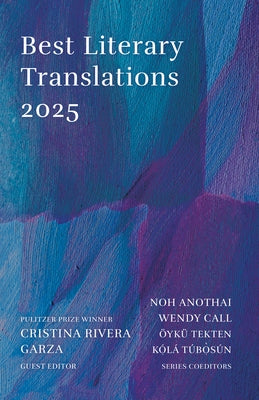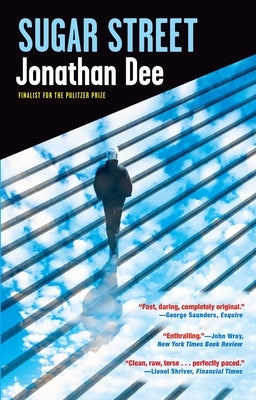Deliver
$13.99
$15.99
The Hard Switch
$13.99
$18.99
The Sorrow of War: A Novel of North Vietnam
$12.99
$18.00
Beastars, Vol. 4
$9.99
$12.99
The Book of Disquiet: The Complete Edition
$20.99
$27.95
Goodnight Punpun, Vol. 2
$17.99
$24.99
Pride and Prejudice
$10.24
Heartwood
$28.99
Clear
$17.99
The Mission House
$12.99
$16.99
Are You Willing to Die for the Cause
$16.99
$22.95
Wildsam Field Guides: Desert Southwest
$17.99
$24.00
Tinkers: 10th Anniversary Edition
$12.99
$17.99
Grief Is the Thing with Feathers
$11.99
$16.00
Little Rabbit
$17.99
The World of Edena
$35.99
$49.99
The Singularities
$12.99
$18.00
How to Escape from a Leper Colony: A Novella and Stories
$12.99
$17.00
Leftstar and the Strange Occurrence
$11.99
$15.99
Sugar Street
$12.99
$17.00
The Death of Ivan Ilyich and Other Stories
$13.99
$19.00
Wildsam Field Guides: Big Sur & Highway 1
$17.99
$24.00
The Cinderella Murder
$7.99
$10.99
The Sandman Universe: Nightmare Country
$21.99
$29.99
Sunny, Vol. 1
$16.99
$22.99
Panther
$19.99
$26.95
Swastika Night
$15.99
Hardboiled & Hard Luck
$12.99
$17.00
Bitter Orange
$12.99
$17.95
Wildsam Field Guides: Southern California Coast
$17.99
$24.00
Girl a
$12.99
$17.00
To Have and Have Not
$19.99
$27.00
Tunnels
$21.99
$29.95
Who Was J. R. R. Tolkien?
$5.99
$6.99
Wildsam Field Guides: Newport, Rhode Island
$17.99
$24.00
Other People We Married
$10.99
$15.00
Skagboys
$12.99
$16.95
Miss Iceland
$11.99
$16.00
Any Human Heart
$12.99
$17.95
Hood Rat
$12.99
$18.00
August 1914: A Novel: The Red Wheel I
$25.99
$35.00





















































